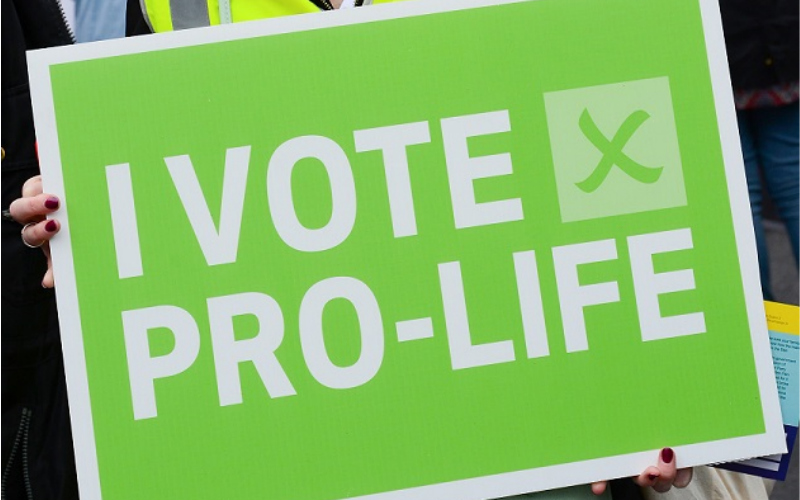Kristi Hamrick of Students for Life of America points out that the U.S. Food and Drug Administration (FDA) uses data to decide how it will regulate everything from cancer drugs to e-cigarettes. In February 2022, for example, the FDA issued an official warning about Abbott brands of baby formula following a possible contamination at a factory that might have been linked to some illnesses or deaths.

"Yet when it comes to chemical abortion pills, it is an absolute dereliction of duty," she submits. "The FDA, on the same day that they stopped one of the COVID vaccines because one woman had died, said they were lowering health and safety standards for abortion, even though we know that at least 26 women have died."
Most U.S. abortion data comes from the Planned Parenthood-affiliated Guttmacher Institute, chemical abortion sales teams, and the Centers for Disease Control and Prevention (CDC), which admits that their data is only voluntarily submitted.
In short, those who profit from the abortion pills are the ones saying they are safe while offering no proof. The FDA does track other drugs, but many states do not report their figures, which means the federal agency is making recommendations based on a tremendous lack of data.
"So we are calling for a national abortion reporting law, because that should be a very bipartisan effort," Hamrick asserts. "For those who love abortion and say it's safe, well then, let's prove it. And for those of us who aren't as sure, we want to see the data."
In a LifeNews.com op-ed, Students for Life President Kristan Hawkins insists that "the safety of women should concern everyone, both pro-choice and pro-life."

Hawkins also points out that "what we don't know about abortion can hurt us," and she likens trusting the abortion data "self-servingly offered up by the abortion industry" to trusting the tobacco industry to be the sole provider of all information on the harms of cigarette smoking.
Pro-lifers insist is impossible to make the claim that abortion is safer than childbirth, as even the CDC admits it is a faulty premise because of the poor data pool. Meanwhile, even based off the skewed data, the chemical abortion pills are four times more likely than surgical abortions to send women and girls to hospital emergency rooms.







